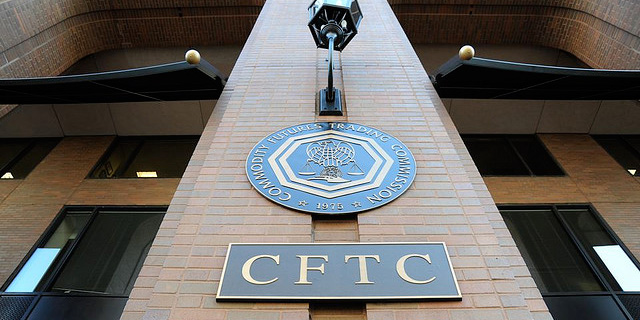By Tom Kleckner
RAPID CITY, S.D. — The electric industry has done its part in building opposition to the U.S. Commodity Futures Trading Commission’s proposal to allow private rights of action on energy market transactions, which would make RTOs and their market participants potential targets for lawsuits outside the FERC process.
It flooded CFTC with comments against the proposal. It worked with the Senate Appropriations Committee to file legislative language ensuring the current regulatory framework remains in place. (See Congress May Order CFTC to Back Down on Private Rights.)
And now it waits.
“I believe we as an industry have done everything we can do, through the legislative process and FERC and comments,” Mike Ross, SPP’s senior vice president of governmental affairs and public relations, told the Strategic Planning Committee on July 14. “When the ruling is, we don’t know. August, September, October, we don’t know. It could be today.
“My sense is they won’t leave us hanging too long — but this is Washington.”
Ross, a former six-term Democratic representative from Arkansas’ 4th Congressional District, said the committee’s bill could be in the expected year-end omnibus bill, which he said would solve the RTOs’ problem. In the meantime, all he and others in the industry can do is try and discern where the three CFTC commissioners stand.
“We know Commissioner [J. Christopher] Giancarlo is with us,” Ross said, citing his “substantial” comments. Chairman Timothy G. Massad has been pushing the commission’s proposal, but Commissioner Sharon Y. Bowen, who voted with Massad on a draft order including the private rights of action, has been “pretty silent,” Ross said.
“It only takes two of the three,” he reminded the committee.
The issue arose when the Dodd–Frank Wall Street Reform and Consumer Protection Act, which Ross voted against, was passed in 2010. The bill revised the Commodity Exchange Act (CEA) and provided CFTC with authority to exempt RTO markets from its rules.
Six of the seven RTOs filed for exemptions, which CFTC granted in 2013. SPP filed for a “me-too” exemption in 2013, as it began to go live with its day-ahead market. The commission issued a draft order on the SPP request in May 2015, which included preamble language that said CFTC never intended to exempt other RTOs from private rights of action.
Ross said the commission notified SPP in March that it was delaying a decision on the order and opening a new docket (81 FR 30245) to consider removing the exemption for all RTOs.
“They said, ‘We’re going to put y’all’s me-too on the shelf and we’re revisiting the [exemption] for other RTOs. Whatever we do for them, we’ll do for you too,’” Ross said in recounting the conversation. “That’s when the electric industry became very engaged in the issue.”
Ross helped facilitate supportive comments made by the House of Representatives’ Committees on Energy and Commerce and Agriculture, FERC and several industry groups. A total of 43 comments were submitted, with 38 in favor — 15 by SPP members — and five opposed.
The FERC comments, provided by General Counsel Max Minzner, said “introducing a private right of action to these markets via the CEA appears inconsistent with Congressional intent and would conflict with the design” of the Federal Power Act.
“Those are pretty strong words coming from FERC to the CFTC,” Ross said. He said the comments were not unprecedented, but it is “unusual for an agency to file comments in another agency’s” docket.
The ISO/RTO Council called CFTC’s proposed amendment “unnecessary.” It said FERC and the Public Utility Commission of Texas, which regulates ERCOT, “have the necessary tools, resources and experience to maintain the integrity of ISO/RTO markets.
“The CFTC proposal would permit market participants suffering a loss in a transaction to sue an ISO or other market participants if it believed the loss arose from the gaming of rules,” the IRC said. “Permitting private action would undermine confidence in market transactions by both market participants and state electricity regulators, which would ultimately degrade consumer protections that the current oversight process affords.”
As it stands now, Ross warned the SPC, private rights of action could allow any lawyer in any RTO region to file a lawsuit with any of the more than 100 U.S. district courts, which may not have a full understanding of what constitutes a swap in energy markets.
“FERC understands this,” he said. “They make a decision, and if you don’t like the decision, then you go to court.”





